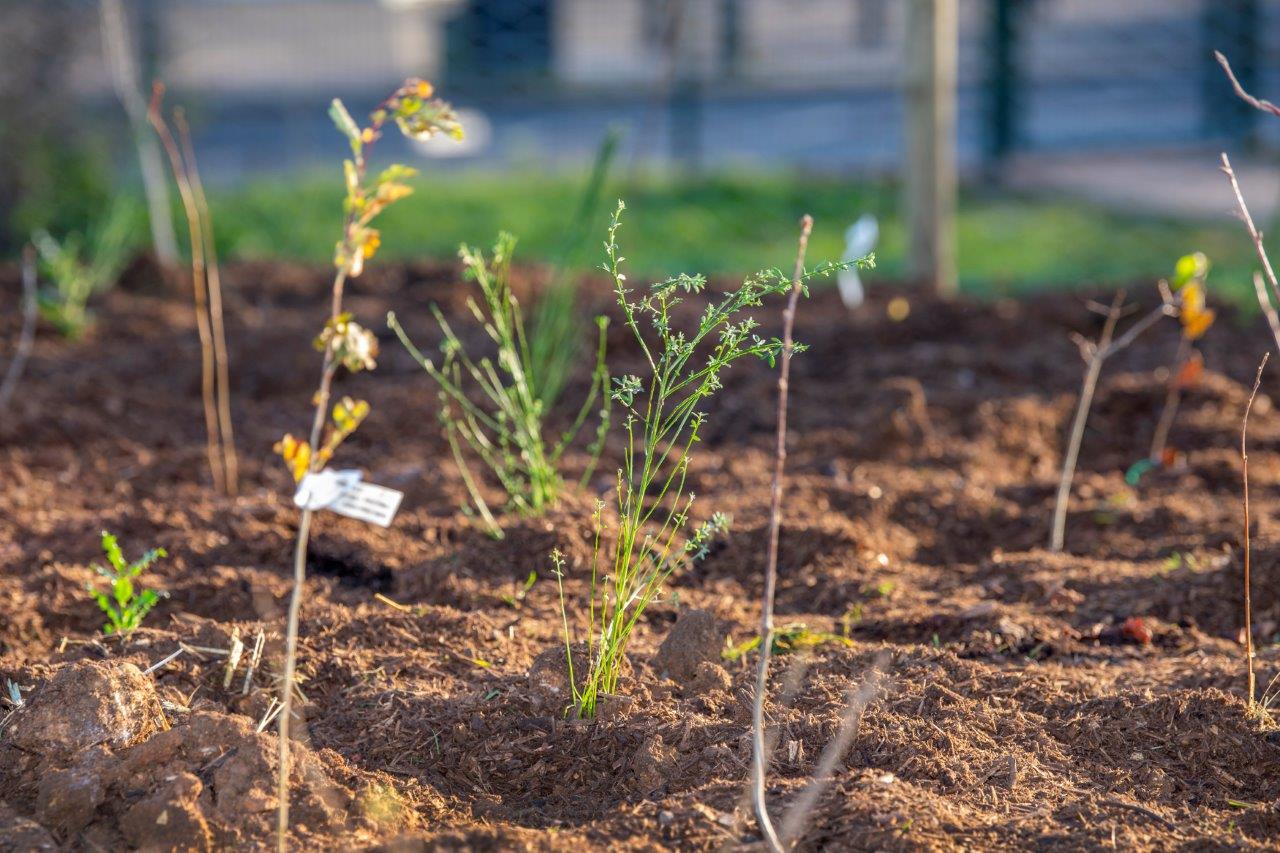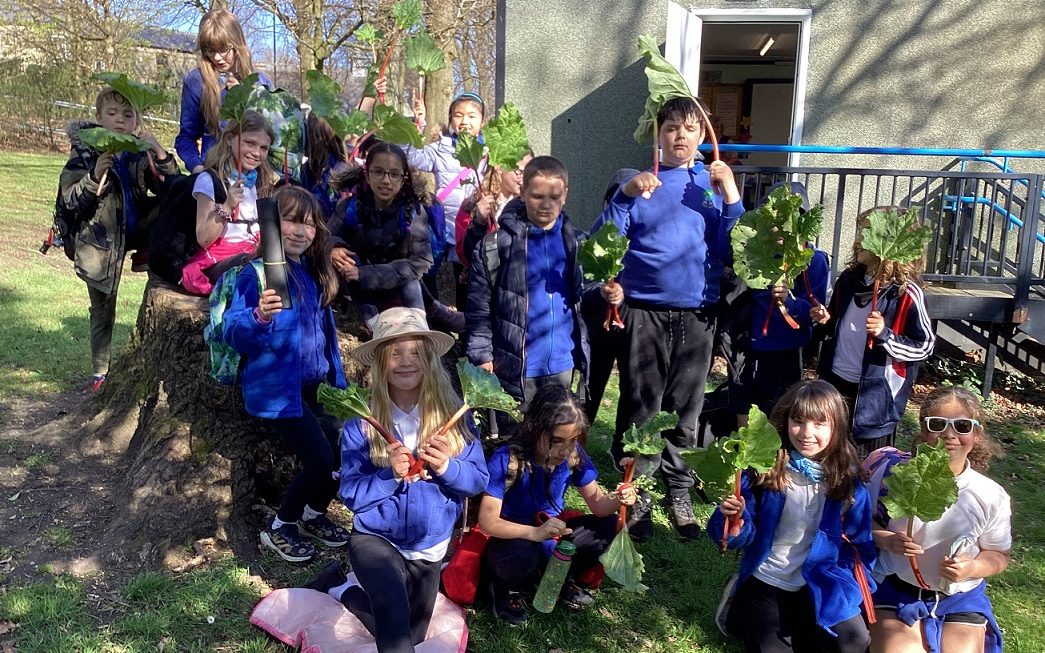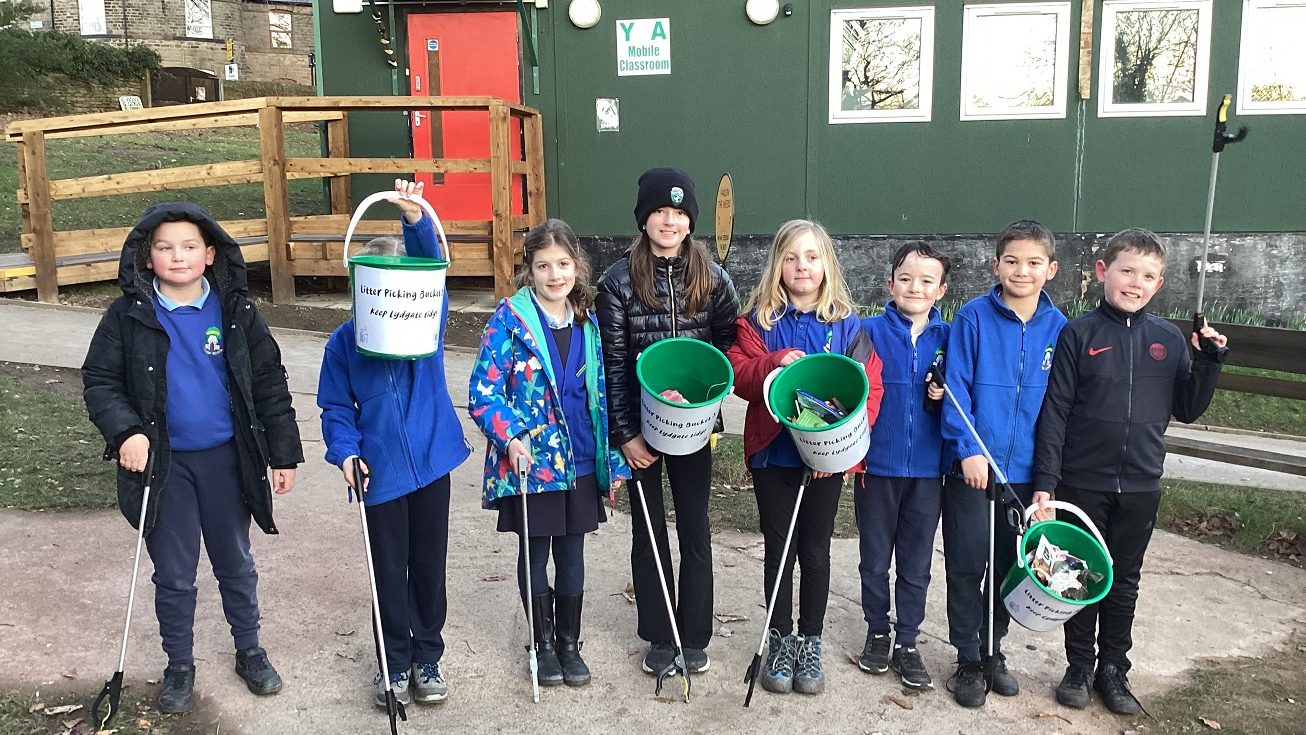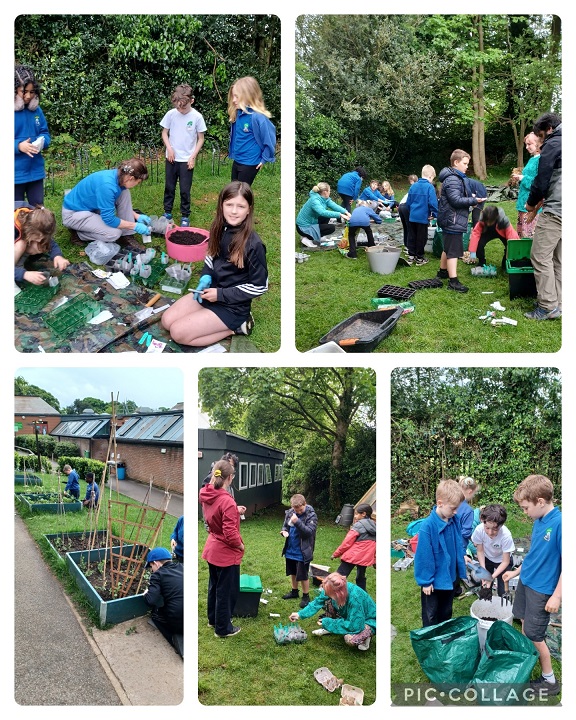Kevin Elliott is the business manager for Meadowhead School in Sheffield. We talked to him about how he’s implementing sustainability into the school structure.

Can you give us some background on your school?
We’re a secondary school with a sixth form college, based in south Sheffield. It’s a mixed urban area, with half of the feeders from wealthy areas and half from probably some of the most deprived areas in the UK. We have over 1,900 students, 36% of which are pupil premium.
We’re also a PFI [Private Finance Initiative] school, so we ultimately hire the school’s facilities — we’re not responsible for them, which affects a lot of things that come with a sustainability plan, especially around grounds maintenance.
What climate-related responsibilities do you have?
I’m tasked by the governing body to monitor sustainability and to try and implement it into the school structure.
We wrote a sustainability policy for the school, and then we developed an action plan, and the action plan is run by an eco-group. The eco-group is run as an after-school club by two teachers from geography. They developed the action plan with the students and the students now work through it to see what we can do to become more sustainable. My role is to oversee that.
How did you develop your sustainability policy?
I was asked by the governors to develop a sustainability policy. I’d been to a South Yorkshire business leaders meeting, and they had someone there who was talking about sustainability in schools, and I took back a lot of what he was saying. We also bought a book about sustainability in the school place, and that helped us develop the policy and the action plan.
Why is sustainability important to your school?
I think sustainability is just becoming more and more prevalent in the daily life of everybody, and we thought we should get on board now rather than later.
I know a lot of secondary schools are not getting on board with it. I often go to sustainability meetings and there are no secondary schools there, they’re all primary. I don’t know if it’s because the children are older and they don’t want to be digging or messing in gardens. But we’ve got a group of eco kids that want to improve the area and want to improve society. All we can do is do the best we can for the school.
Have you had any sustainability training?
I’ve never had any training. It’s just been from attending events like the ones run by the local universities. And I’ve been in touch with local eco groups like Wild Sheffield.
What are some of the activities you have undertaken at your school?
We’ve built a forest school, and we’ve put in a huge outdoor classroom. We are growing our own vegetables, and we want some bees up there. The kids are asking for chickens too. They want an urban farm.
Our action plan covers lots of different areas. The eco group presents ideas to us and I take them to the governing body. We’ve got biodiversity, so the team has recently made a load of bird feeders in ADT woodwork. They’re now talking about building a pond.
We’re looking at getting better lighting with automatic turn-off, and we have energy-saving weeks where we have campaigns to encourage students to think about turning computers off.
We use the outdoor classroom and fundraising to support the local community. We work with the catering company around Fairtrade products and reducing food waste. We’ve done litter picks and we encourage everybody to learn about what bins to use. We’re rewilding the school grounds, for example with nature hotels.
For staff, we encourage the cycle to work scheme, and we’re reducing paper by banning printing things out for meetings. And we managed to get grants to install four charging points in the car park, which has encouraged a number of staff to get electric cars.
I’m really proud of what we’ve achieved in such a short timescale.
What benefits have you seen from these projects?
The charging points have been really useful because I’ve seen people charge their cars and that does provide us with an income. The litter picking obviously makes a difference. You can see it when it’s done.
We’ve seen big benefits from the forest area we’ve developed. We’ve just started running Forest School again for some of our SEND students who are really struggling. The outdoor classroom is a great help to them.

What barriers have you faced?
The PFI is a barrier because we can’t always do what we want to do. For anything to do with the grounds, we can’t just go and implement changes. We have to work with the PFI provider Kier, and there’s a lot of planning that has to go into it. For example, we just built some new steps to the outdoor classroom and it’s taken us a good six months to get them agreed.
One thing we’ve been working on for a couple of years is the traffic outside of school and trying to get some zebra crossings to slow the traffic down and remove some of the traffic. We’ve been working with the council for about two years now and hopefully a new traffic reduction scheme will be installed this summer.
How do you overcome these barriers?
Working with people. We work with Kier, we work with the council, we work with all parties to try and get the best outcomes for the students, for the school and the community.
I’ve also been working with a couple of primary schools in Sheffield. One of the barriers is that there’s hardly any secondary schools doing it. I’d love to link up with a secondary school that’s doing similar things, to share best practices and ideas really.
What projects have worked best?
The forest schools worked really well because of the people that have been involved. We were lucky to get some professional training on outdoor learning. And the teaching assistants were keen to be involved in it and they’ve now taken it on as their project.
The electric charging units have worked well because I’ve got staff that were travelling quite a long way in an electric car and panicking about getting home. But now they don’t need to worry because they can charge the cars while they’re teaching.
From a staff wellbeing point of view, I bought a proper coffee machine for the staff room, and now we’re using the leftover coffee grinds in compost for our vegetable growing and some of the kids are making candles from them too.
Do you think your approach would work in other schools?
I think it would. You’ve got to have somebody that will give some time to it, to attend meetings, create an eco-group, come up with an action plan. In the very busy environment that the schools are, sometimes it just doesn’t get thought about, but I don’t see why you couldn’t replicate it in most schools, because it is becoming more and more prevalent. But you have to dedicate time to it.
You have to pick and choose what you want to achieve, and then when you’ve achieved that, pick another thing and try and achieve that — rather than trying to spin all these plates and achieving nothing. I think that’s been our biggest learning.








